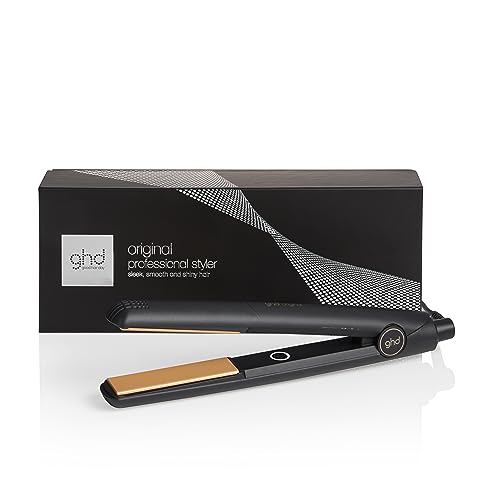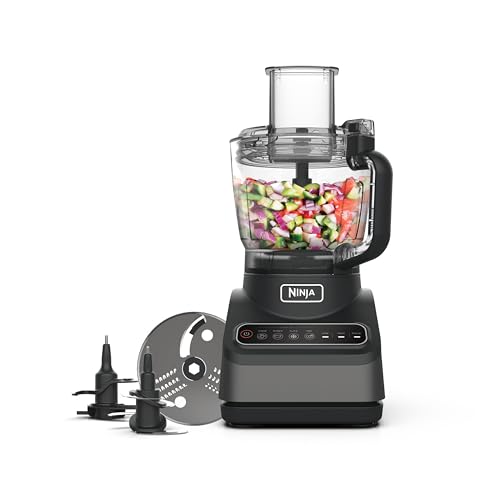Martin Lewis reveals the little-known secrets to saving extra money on Amazon
Want to save even more money when shopping on Amazon? From tech deals to a secret outlet section, these are the top must-know tips


If you're anything like us, you probably do a lot of essential shopping on Amazon. Although the retailer often has unbeatable prices across the board, Martin Lewis has revealed several ways that you can save even more money on Amazon.
The Amazon sale presents an opportunity to shop everything from beauty to high-ticket furniture at a discount, however the discounts and deals can sometimes be a bit hit and miss. Did you know there are other ways to find reduced items on Amazon, aside from the usual sale section?
Money-saving expert Martin Lewis revealed the little-known secrets to saving money on Amazon in a segment on This Morning, and they really are worth a listen.
"Think of [Amazon] like a department store... what you don't know is there are another few departments underground where often you can find the cheaper prices that don't necessarily appear when you search for items. This is the bargain basement department of Amazon that not everyone knows about," he explains.
Whether you're on the hunt for the best Amazon swimsuits or Amazon book deals, or want to know how to secure the best offers for this year's Amazon Prime Day, these are his top money-saving tips you'll wish you had discovered sooner.
1. Amazon warehouse
Martin's best tip has to be shopping the Amazon warehouse. The warehouse section is where returned, unwanted items go to give them a second lease of life, rather than being thrown away.
"Loads of people order stuff from Amazon and then because you have your online selling rights, you can send [items] back if you change your mind. Amazon can't sell it as new, so it sells via Amazon warehouse," Martin explains.
Sign up to our free daily email for the latest royal and entertainment news, interesting opinion, expert advice on styling and beauty trends, and no-nonsense guides to the health and wellness questions you want answered.
Each product is assessed by Amazon and repaired if necessary before it is re-sold at a discounted price. The condition of every warehouse item is ranked from used - like new to used - acceptable, so you know exactly what you're getting.
Plus, there's a hassle-free return process and statutory legal warranty. For tech and household items in particular, this is one of the cheapest ways to shop without compromising on quality.
2. Amazon renewed
Amazon renewed is similar to the warehouse, but specifically for refurbished tech. "This is used, previous generation tech in top condition. Here, you get a one-year warranty in addition to your statutory consumer rights," Martin explains.
If you've ever shopped around for Dyson Airwrap deals, you will probably know that one of the best ways to save is by opting for a refurbished model rather than a brand new version. This is exactly the same for technology on Amazon.
"You don't need new. Refurb with a one-year warranty that gives you peace of mind is well worth it," says Martin. As well as the warranty, each product comes with professional inspection and rigorous testing to ensure it is up to standard.
You can find everything from iPhones and TVs to printers and smart watches here for significantly less than retail price – and sometimes Amazon runs extra discounts and coupons for an even bigger saving.
3. Amazon outlet
A third, brilliant recommendation from Martin Lewis is shopping via the Amazon outlet. This is Amazon's equivalent to a clearance section, explains Martin, where you can save on overstocked items that Amazon want to sell fast. You will find pretty much every category here - even grocery items, clothes, and stationery.
However, it isn't quite as fruitful as the warehouse or renewed section. "It's much more difficult to find what you want - it's sort of a browse place to see if there's anything in there," says Martin. If you're after something specific, it probably isn't the first place to go. But if you just want to see what's on offer, or you have a broad list of things you're after, you can score some real bargains.
If you're a fan of Prime Day beauty deals, there's a whole beauty section of the outlet with great savings too. You can expect discounts of 70% or more, and there is a 'super discounts' section for the day's biggest and best savings that aren't to be missed.
4. Limited-time deals and discounts
Another tip that Martin mentions on his website, and one of our favourite tricks, is shopping the daily discounts and offers. From Lululemon alternatives on Amazon to the best jeans on Amazon, you can find the day's best deals under the 'today's deals' section in the navigation bar at the top of the Amazon website. This is home to limited-time offers on popular or more sought-after items on Amazon that won't stick around for long.
It's worth checking this section regularly to see if anything on your wishlist crops up, but it can be pretty unpredictable. At the moment, you'll find ghd deals and Shark deals up for grabs, but they're likely to change tomorrow. If you find a great deal on this section, don't wait to purchase.
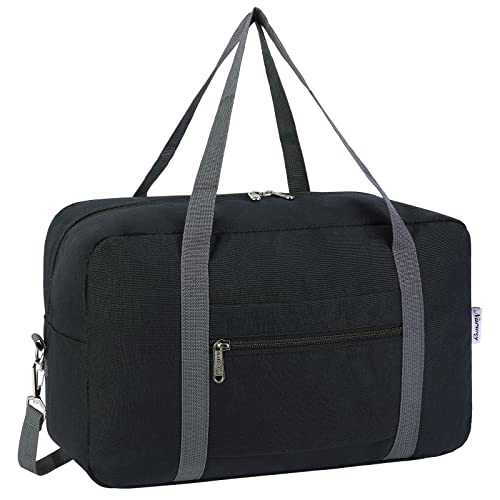
It isn't just high-ticket items that you can find discounted at Amazon. This handy bag is designed to fit under an airplane seat so you can travel without having to pay for a check-in bag. It's a huge 39% off today, just in time for summer. If this doesn't suit, we found two quality cabin bags, tried and tested, for under £25.
With thousands of discounted items up for grabs if you browse using Martin's tips, you will almost certainly find something you've been after for less. It may take a bit of digging to find the best deals, but it's very worthwhile.

Amelia joined woman&home in 2022 after graduating with an MA in Magazine Journalism from City University and she is now a senior fashion and beauty writer. She began building her career as a lifestyle journalist after completing a fashion journalism course at the Condé Nast College of Fashion & Design in 2019, writing for a variety of titles including OK!, New!, and Notion on topics such as sustainable fashion and entertainment.
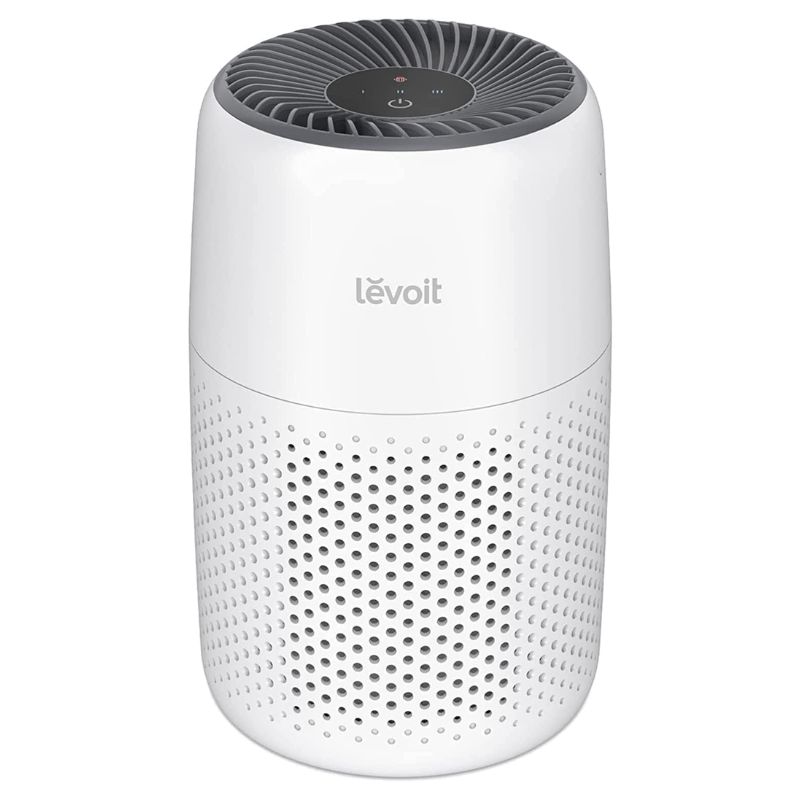

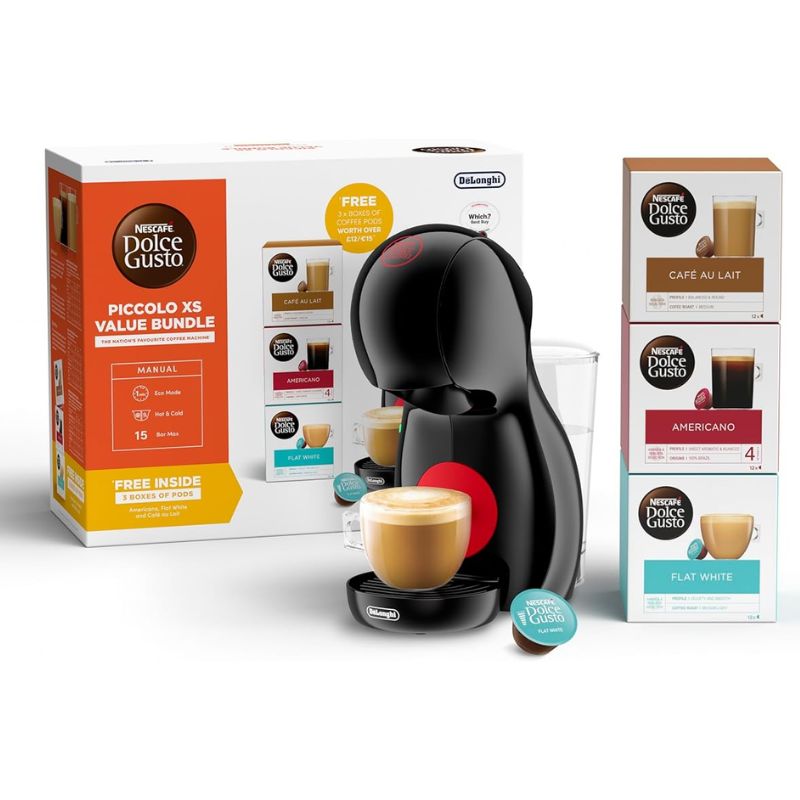


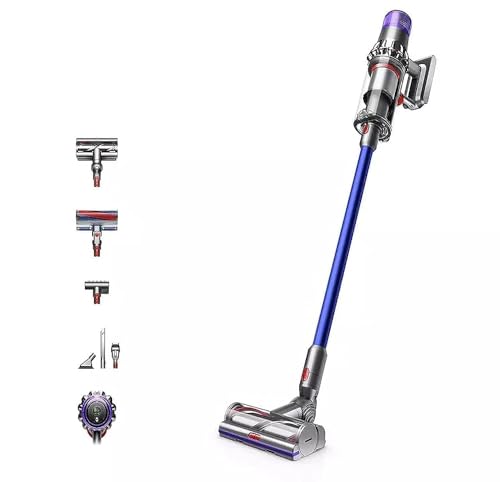
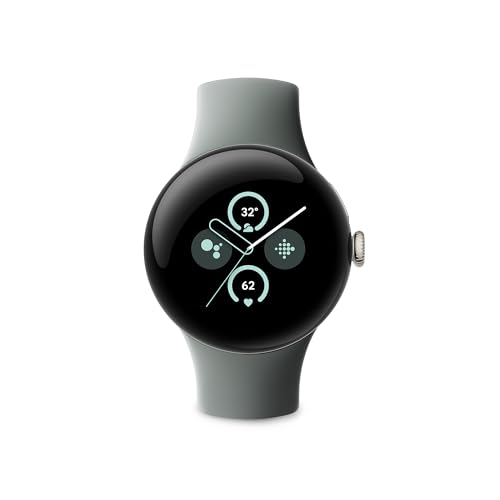
![Olaplex No.6 Bond Smoother, 100ml [packaging May Vary]](https://cdn.mos.cms.futurecdn.net/XedMWr7SpAVLwyxqqjcA5V.jpg)
![Breville Halo Air Fryer | Digital Large Air Fryer Oven | 5.5 L | Fry, Bake, Roast & Grill | 1700 W | Energy Efficient | Black [vdf126]](https://cdn.mos.cms.futurecdn.net/J5BmrmGcvyZDQpW8AsFZXm.jpg)
